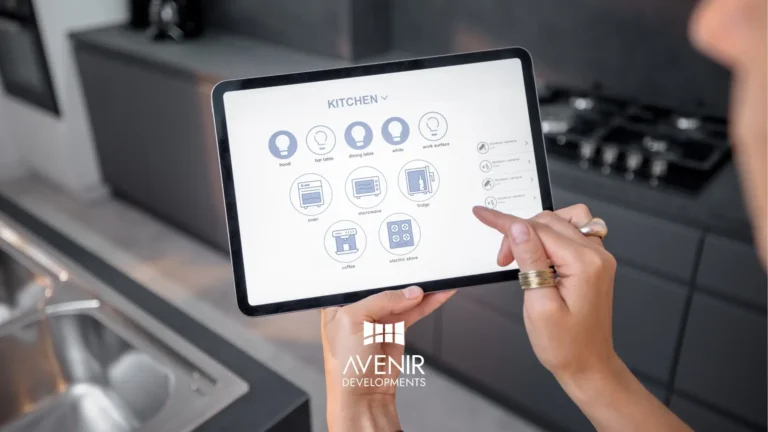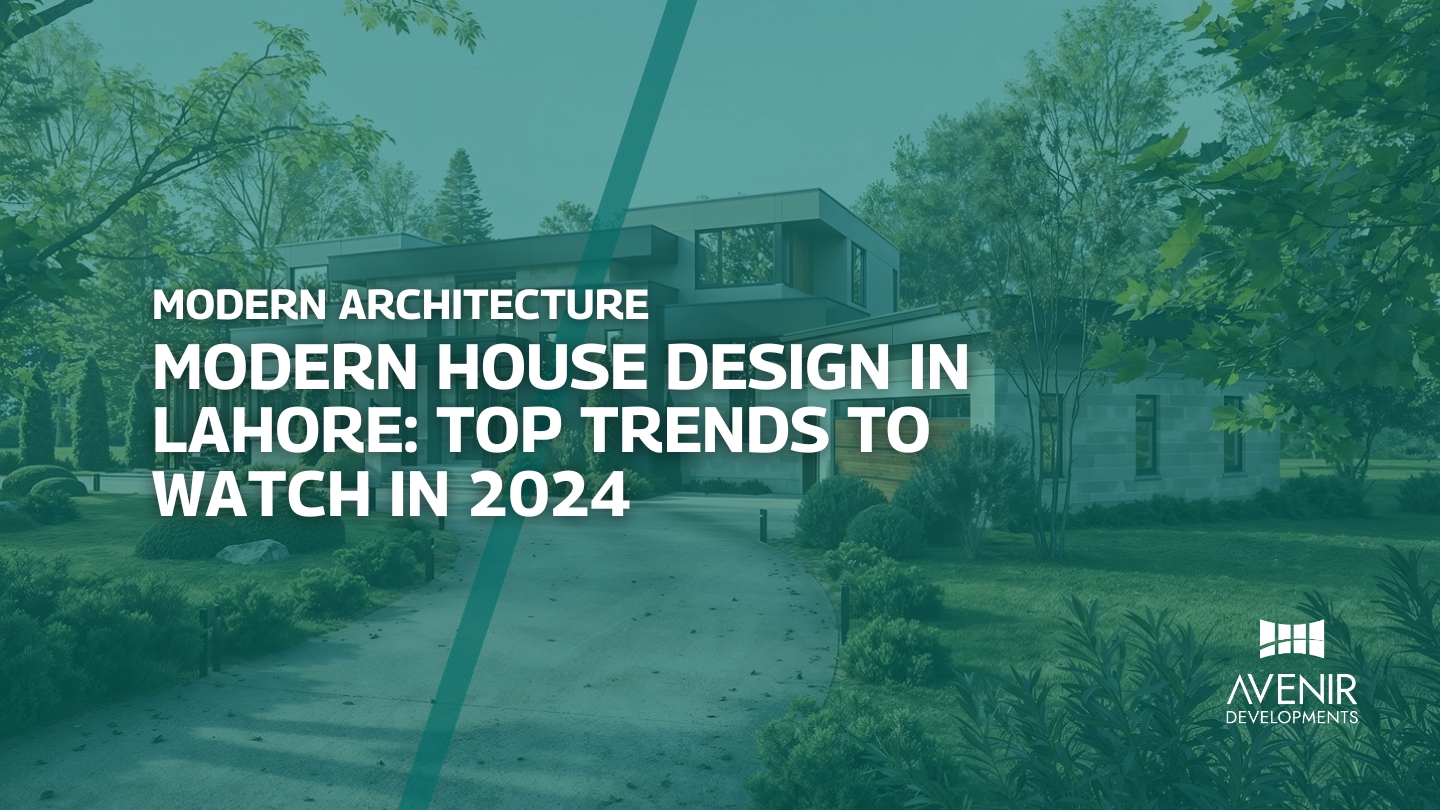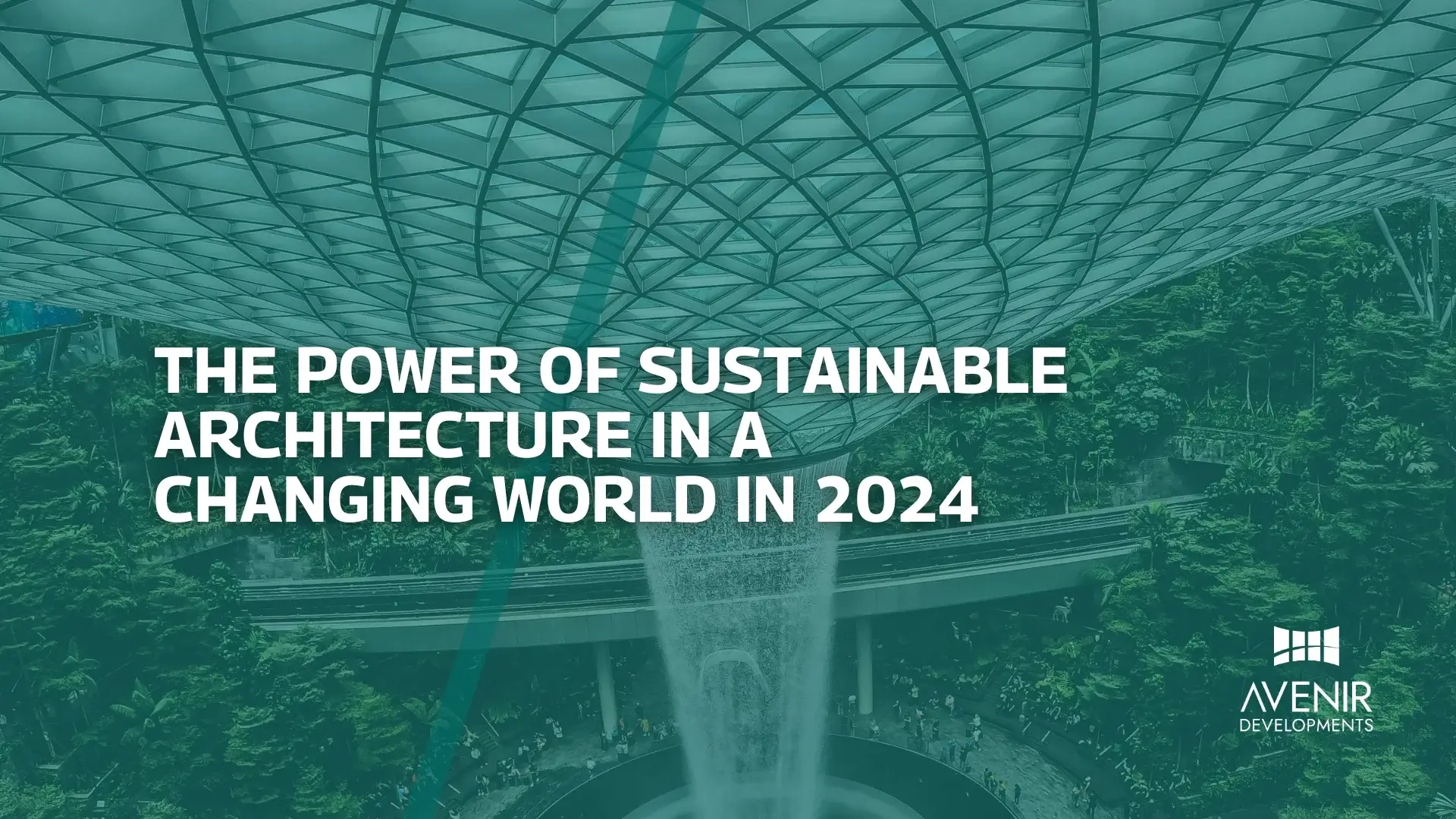Lahore’s heat can be brutal. Last summer, my electricity bill soared as I cranked the AC 24/7. It wasn’t just my wallet feeling the strain; the constant energy use gnawed at my conscience. There had to be a better way! This quest for a cooler, more sustainable life led me to explore the fascinating world of smart homes and buildings.
Here, I’ll share what I’ve learned about how these innovative technologies can help us create a lighter environmental footprint, all while making our lives more comfortable and efficient.
Defining Smart Homes and Buildings
Imagine your home as a living, breathing organism that responds to your needs and the environment. That’s the essence of a smart home. It integrates sensors, appliances, and systems controlled through a central hub or app. Similarly, smart buildings incorporate these technologies across entire structures, optimizing energy use, water management, and occupant comfort.
The History of Smart Homes and Buildings
The concept of automating homes dates back to the 1930s with early ideas for voice-controlled lighting. However, technological limitations kept these systems out of reach. The rise of the internet and affordable sensors in the late 20th century paved the way for today’s sophisticated smart homes and buildings.
Significance of Smart Homes and Buildings
With buildings accounting for a significant portion of global energy consumption, smart technologies offer a powerful tool to combat climate change. By optimizing resource use, we can reduce our carbon footprint and create more sustainable communities.
Trending Tech for a Sustainable Future
Latest Developments:
The smart home and building landscape is constantly evolving. Here are some exciting trends:
- Integration with Renewable Energy: Smart systems can seamlessly integrate with solar panels, wind turbines, and other renewable energy sources, maximizing their efficiency.
- AI-powered Automation: Artificial intelligence is learning to anticipate occupant needs and adjust settings accordingly, further reducing energy waste.
- The Internet of Things (IoT): A network of interconnected devices, from smart thermostats to leak detectors, provides real-time data for better control and resource management.
- Government Initiatives: Many governments are offering rebates and incentives for incorporating smart technologies in new constructions and renovations. For example, Pakistan’s Green Building Program promotes energy-efficient designs [Source: Aga Khan University – AKU, Institute for Global Health and Development].
Smart Homes and Buildings: Your Questions Answered!
Q: Are smart homes and buildings expensive?
A: While some high-end systems can be pricey, the cost of entry-level devices is becoming increasingly affordable. Additionally, energy savings can offset initial costs over time.
Q: Is smart technology secure?
A: Security is a valid concern. However, reputable manufacturers prioritize robust security measures to protect user data.
Q: Do smart homes make life more complicated?
A: Quite the opposite! Smart systems are designed to simplify your life by automating tasks and providing convenient controls.
Section 4: My Top Tips for a Sustainable Smart Home
1. Start Small: You don’t need a complete overhaul to go smart. Begin with a few key devices like smart lights or a programmable thermostat.
2. Harness the Power of Data: Use the insights from your smart system to identify areas for improvement. For example, data on your water usage can help you detect leaks or adjust your watering schedule.
3. Think Local: Look for smart devices that integrate with local infrastructure or renewable energy sources like rooftop solar panels.
4. Embrace Eco-Friendly Design: Building materials, insulation, and passive cooling techniques can significantly reduce your reliance on smart technology for comfort.
5. Consider Professional Help: Avenir Developments, a leading architecture, interior design, and property development company in Lahore, offers expert consultation on incorporating smart technologies into your home or building project. Leverage their expertise to create a truly sustainable living space.
Live Smart, Live Green!
Smart homes and buildings are more than just technological marvels; they represent a paradigm shift towards a more sustainable future. By making informed choices, we can harness these technologies to reduce our environmental impact and create a more comfortable and resource-efficient living environment.
Here in Lahore, with its scorching summers and long power cuts, smart technology holds immense potential. Imagine a home that automatically adjusts AC usage based on real-time weather data, or irrigation systems that water your garden based on soil moisture content. These are just a few examples of how smart systems can help us adapt to our local climate and resource limitations.
Ready to embark on your smart and sustainable living journey? Avenir Developments can be your trusted partner. Their team of architects, interior designers, and construction management experts possess the knowledge and experience to seamlessly integrate smart technologies into your existing home or new construction project.
Don’t wait! Contact Avenir Developments today on WhatsApp or Call +923001101103 to schedule a consultation and discuss how you can create a living space that’s both technologically advanced and environmentally responsible. Together, let’s build a smarter, greener Lahore!






